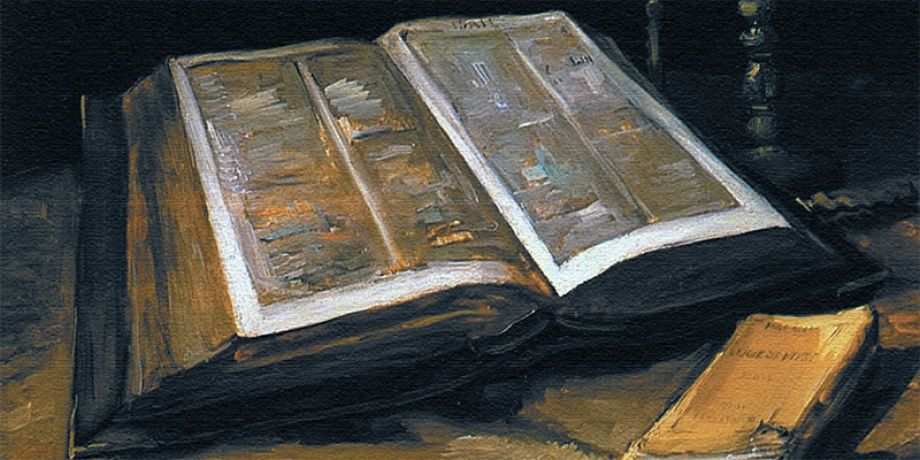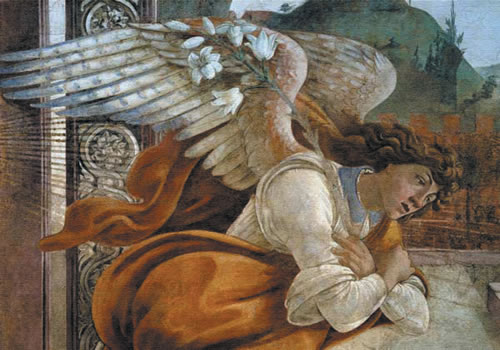
We are fortunate that in our lifetime we enjoy a quality of life which would have been unthinkable just a few generations ago. Thanks to advances in science and technology, we enjoy an abundance of material goods and appreciate the ease of communication that makes the world into a global village. We ought to be the happiest people that ever lived on the face of the earth.
Yet, despite all these stunning developments, we are also in the middle of a cultural decline that is evident in the escalation of violence, random shootings, gross materialism, and hedonism to dull the pain of a meaningless existence. There is a palpable feeling of malaise, aimlessness, depression and rising suicide rates among the younger generations in the Western world.
 These brief considerations are enough to demonstrate that the problems we face today go right to the heart of who and what we are as human beings. For it is gradually becoming obvious that our future may no longer be one of technological, economic, social, and political progress which we too often take for granted until recently. With the crumbling of organized religion, including Catholicism, we are experiencing a spiritual vacuum and require a broader vision of life to sustain us in the ups and downs of life.
These brief considerations are enough to demonstrate that the problems we face today go right to the heart of who and what we are as human beings. For it is gradually becoming obvious that our future may no longer be one of technological, economic, social, and political progress which we too often take for granted until recently. With the crumbling of organized religion, including Catholicism, we are experiencing a spiritual vacuum and require a broader vision of life to sustain us in the ups and downs of life.
We need to open our minds and hearts to the religious dimension of our lived experience by contacting the God of the Bible. We will then be able to recover both our purpose in life and our true dignity as we journey along the road to our final destiny.
How do we get in touch with the Biblical God who created the world and is active in it? We encounter God, initially, by paying attention to our experience, since experience has also a spiritual dimension to those who are open to it. For this to happen, though, we must feel a need of God and a desire to communicate with him. Apart from this desire, we may find the Biblical message interesting but irrelevant in living our daily lives. Both mind and heart must work together to realize that the Word of God is speaking to me, personally. We need to ask God for the grace to make “a leap of faith” or trust since God honors our freedom and will not force us in any way. The heart has its own desires, it seeks truth and happiness, and only God has the capacity of responding to these longings.
We encounter God, initially, by paying attention to our experience, since experience has also a spiritual dimension to those who are open to it.
A return to the Bible is not a revival of a dead past but a living truth that will provide an antidote to modern illusions of self-salvation. In the Old Testament, God intervenes in the life of Abraham to mark a new departure in the history of humanity. Abraham was open and ready to heed God’s interior call to let go of his past and put his trust in this God who revealed a new life of hope for the future. Through Moses, Abraham’s descendants acquired a community expression of his experience, after their escape from slavery in Egypt, in the solemn agreement at Sinai. The prophets helped deepen and interiorize that experience. The wisdom teachers, in turn, pondered the role of God, the Creator, through His providential care in everyday living.
In the centuries before the coming of Christ, a faithful remnant lived and transmitted a profound religious experience that finds expression in the prayers of the Psalter. Those who prayed the Psalms were full of hope and expectation because their God journeyed with them and guided their steps in daily life: “Your word is a lamp for my feet, a light for my path” (Ps.119:105), as they awaited the coming of the Savior-Messiah.
Although Jesus didn’t bring world peace, universal prosperity, or a better world, what He announced was the true God already partially unveiled in the Old Testament. He revealed the true God as a loving Father whom Jesus makes accessible to us in person and through whom God’s power works quietly in our world as a force that saves. Christians believe that Jesus provides the definitive truth about our origin and destiny and the full truth regarding the human condition as we experience it.
The Christian life may then become a joyful pilgrimage to our destination, one that is lived in a faith that works through charity and abides in hope, for Jesus becomes “the Way, the Truth and the Life.” ( Jn.14:6). Believers who wish to follow Jesus more closely have the Gospels to guide them through the essential stages of Christian maturity. The Church as a community communicates the Good News of God’s saving plan for all humankind at all times and consequently is missionary of its very nature. It witnesses to the hope of fulfillment beyond history as the final destiny of humanity.
The Church becomes the carrier of a new truth in history through the New Testament writers who offered their stories as a true understanding of the real world. Through conversion, repentance, faith, and baptism, it becomes possible to live this new kind of life guided by the Spirit and strengthened by the Eucharist to enable us to live a morality of love. In this way, we live out the full truth of our humanity witnessed to in an extraordinary way by the saints.
That human living requires spiritual foundations is clear from our contemporary wasteland mired in violence, corruption, and hopelessness, the result of a secularism that denies the existence of God. Christianity offers an illumination of our world that is richer and more satisfying, one that encompasses the relational, emotional, imaginative as well as the rational aspects of living. For it is the Biblical God who is the origin and destiny of each human being and of the whole universe.
Columban Fr. Maurice Hogan served as a missionary in Japan and Hong Kong and taught Sacred Scripture at St. Patrick’s College, Maynooth. He is a former Director of World Missions Ireland (Missio Ireland).